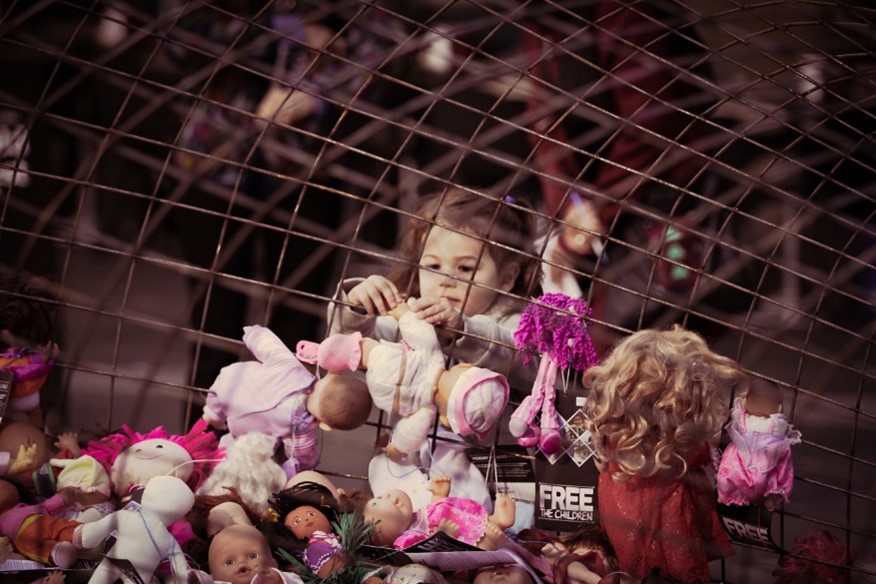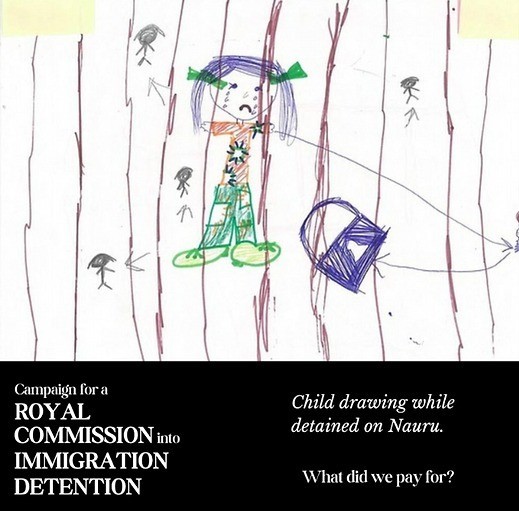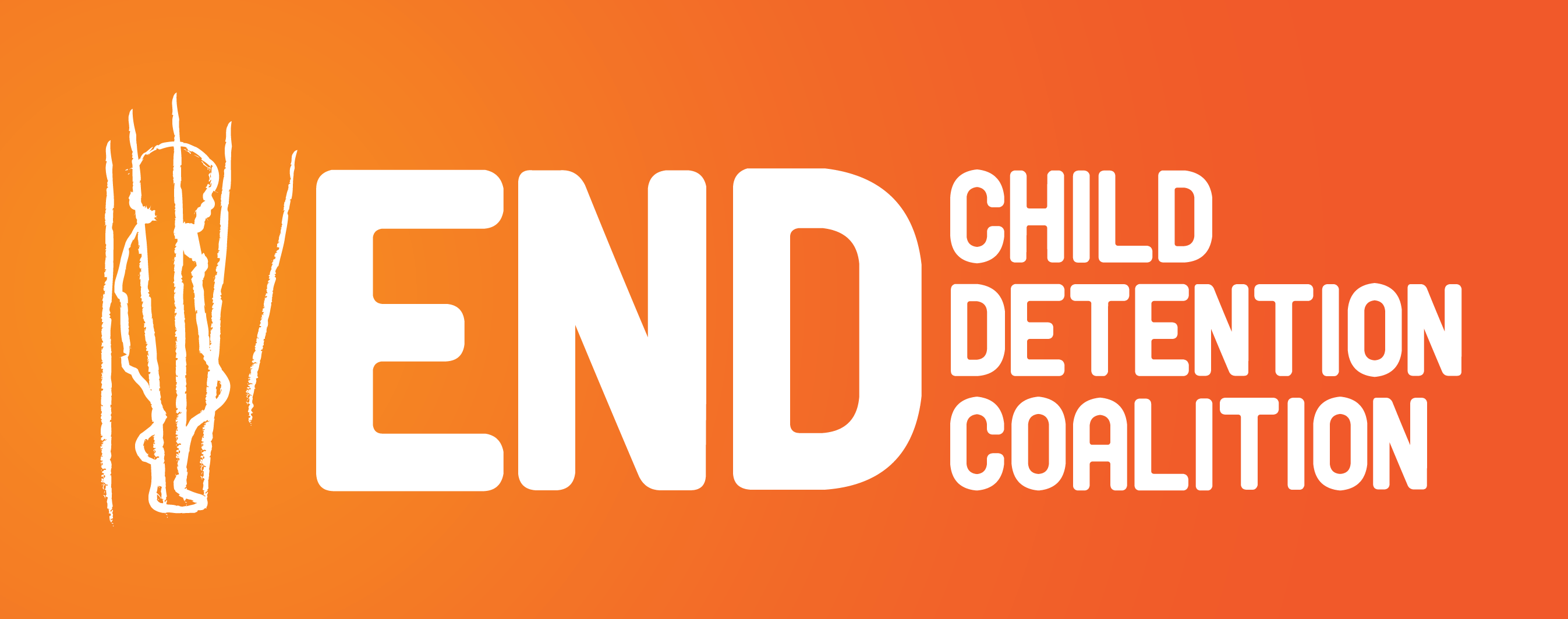The Issues
While children account for 30% of the world’s population, they represent a disproportionately high 40 per cent of the 108.4 million forcibly displaced people worldwide, according to the Global Trends 2022 report. This statistic highlights the devastating impact of displacement on the world’s youngest and most vulnerable population. Forced to flee their homes due to conflict, persecution, violence, or environmental disasters, these children often face heightened risks, including exploitation, abuse, loss of access to education, and compromised physical and mental health.

Most people who are forced to flee never cross an international border. At the end of 2022, 58 per cent of all forcibly displaced people remained in their own country. The massive rise of newly displaced people is mostly due to conflict and violence. War in Ukraine and conflicts in the Democratic Republic of the Congo, Ethiopia and Myanmar each displaced more than 1 million people within their own country. A further 32.6 million new displacements were due to disasters, with 21 per cent occurring in the Least Developed Countries and Small Island Developing States.
While most people who have been forced to flee want to return home, this can only occur in safety and dignity if lasting peace is achieved. In 2022, for every displaced person that returned to their home, 22 people became refugees. Resettlement in third countries may be a solution for these people.
Learn More about the Issues
Children Do Not Belong in Detention
Regardless of the conditions in which children are held, studies have shown that detention has a profound and negative impact on child health and development. Learn more about this issue here and how it impact young children.
Detention in Australia
Australia has had a system of mandatory detention since 1992. Under the Migration Act 1958 (Cth), any non-citizen who is in Australia without a valid visa must be detained and may only be released from immigration detention if they are granted a visa or removed from Australia. Learn more about the immigration system and the detention conditions.
Royal Commission into Immigration Detention
ECDC has joined the Coalition for a Royal Commission into Immigration Detention.
This Coalition was established in January 2023 and is made up of organisations, professional groups and individuals who believe it is time to shine a light into the darkness of Australia’s detention regime. Read more about the campaign here.
Useful Resources
Immigration detention is the practice of imprisoning, detaining or otherwise restricting the freedom of a person while they await decisions on their right to stay and live in a country. People can be detained in prisons or in places that resemble prisons for unknown periods of time without access to a lawyer.
International law states that countries should only use immigration detention as a last resort and prohibits the detention of children for immigration-related reasons, but many governments still choose to imprison migrants and refugees by default. Learn more here.
“We believe all Australians have a right to know what is being done in our name, with our taxes, under the guise of national security. We remember another Australia; one that led the world in our treatment of those who came to us looking for protection. We remember a capable, smart and compassionate Australia. We know the journey back to that decent and confident country begins by telling the truth about what has been done in our name to young workers and asylum seekers. That begins with a Royal Commission”. – Dr Julie Macken, Justice and Peace Office, Catholic Archdiocese of Sydney.

Learn More About the Solutions for a Better Future

